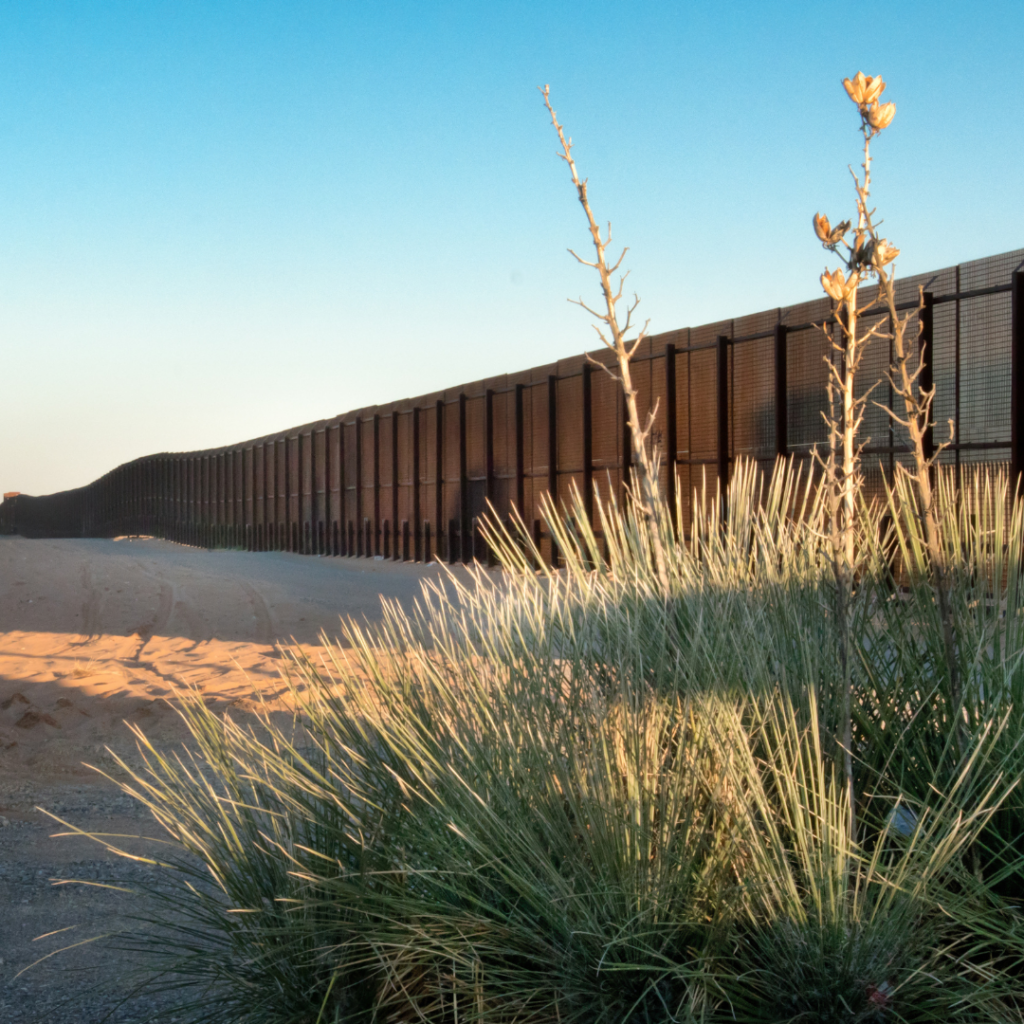Why are immigrants coming in large caravans? Are they “invading” our border?
Just like Mary and Joseph traveled together in a group to reach Jerusalem for Passover, many migrants today travel in caravans. Some do this to bring attention to their difficult situation. Others travel this way because it’s safer, especially for women and children. It’s much better than trying to cross the border secretly or going alone through dangerous places.
Migrant caravans are made up of individuals and families running away from hard situations in their home countries, like violence, poverty, or political problems. These people come from different backgrounds – they can be students, builders, bus drivers, small-business owners, shop clerks, cooks, and parents with babies. They are all looking for a safer place to live.
Although there have been some cases of crime and violence connected to some migrant caravans, calling it an “invasion” is not correct. They aren’t trying to forcefully take over a country. Instead, they want refuge, better opportunities, or to be with their families in countries that have rules for seeking asylum and immigration.
Most migrants want to follow these rules and openly go to the border. It’s not easy to sneak in with such a big group! They are seeking to adhere to the asylum process set out under U.S. law as they travel to the border in hopes of protection.
What happens when they get to our border? Is it really “open”?
Many people in these caravans won’t even reach the U.S. border. Countries like Guatemala are under pressure from the U.S. to stop these groups, and often, their governments break up the caravans long before they reach the U.S. border. Plus, the journey is long and tough, full of danger, including the risk of being used, hurt, or mistreated.
For those who do reach the U.S., it’s not true that the borders are wide open. While many are allowed into the U.S. to apply for asylum or go through immigration court, others are deported or sent back to their home countries or, in some cases, to Mexico.
According to the U.S. Department of Homeland Security’s announcement on September 20th, DHS has removed or returned 253,000 people since May 12, compared to 180,000 during the same period in 2019 (the last big surge of migration prior to COVID/Title 42, under the previous administration).
Not everyone who’s caught by Border Patrol and let go will have a Credible Fear Interview. But they’ll all be checked before they’re let go and should get a Notice to Appear for their immigration court hearings. It might take several years because the immigration court system is busy.
Some will qualify for asylum, but others might not understand our immigration system and laws and may find out they don’t qualify once they arrive.
How should we react?
We asked in the private Women of Welcome group (join now!), “What do you think when you see caravans or crowds at our southern border?” Here are some answers:
“My heart says, ‘Welcome home, there’s space for you.'” – Bev M.
I see “poor, tired people who need a home.” – Mary R.
“I worry about their safety, not being allowed to ask for asylum and getting sent back.” – Carla C.
“I think about how difficult and dangerous their journey must be!” – Suzanne F.
“I believe every single one of them deserves kindness, understanding, respect, and love from the people of God.” – Jenny S.
In the end, we should ask ourselves, “How did Jesus react when he saw large groups of people in need?”
Jesus often felt compassion and understanding for people in crowds. He cared for those who were lost, mistreated, or ignored. His interactions with individuals in the crowd showed his deep concern for each person.
We should see these people the way Jesus did, as humans made in God’s image, and show them love and compassion.
As migrant caravans keep coming in hopes of finding refuge and safety in the U.S., let’s listen, learn, and respond with kindness and care. Together, we can also pray for the families traveling, local leaders along the way, and U.S. leaders as they deal with real people in need.

 This resource answers the most common questions Christians have about immigration and equips you to engage conversations with biblical clarity, truth, and grace.
This resource answers the most common questions Christians have about immigration and equips you to engage conversations with biblical clarity, truth, and grace.